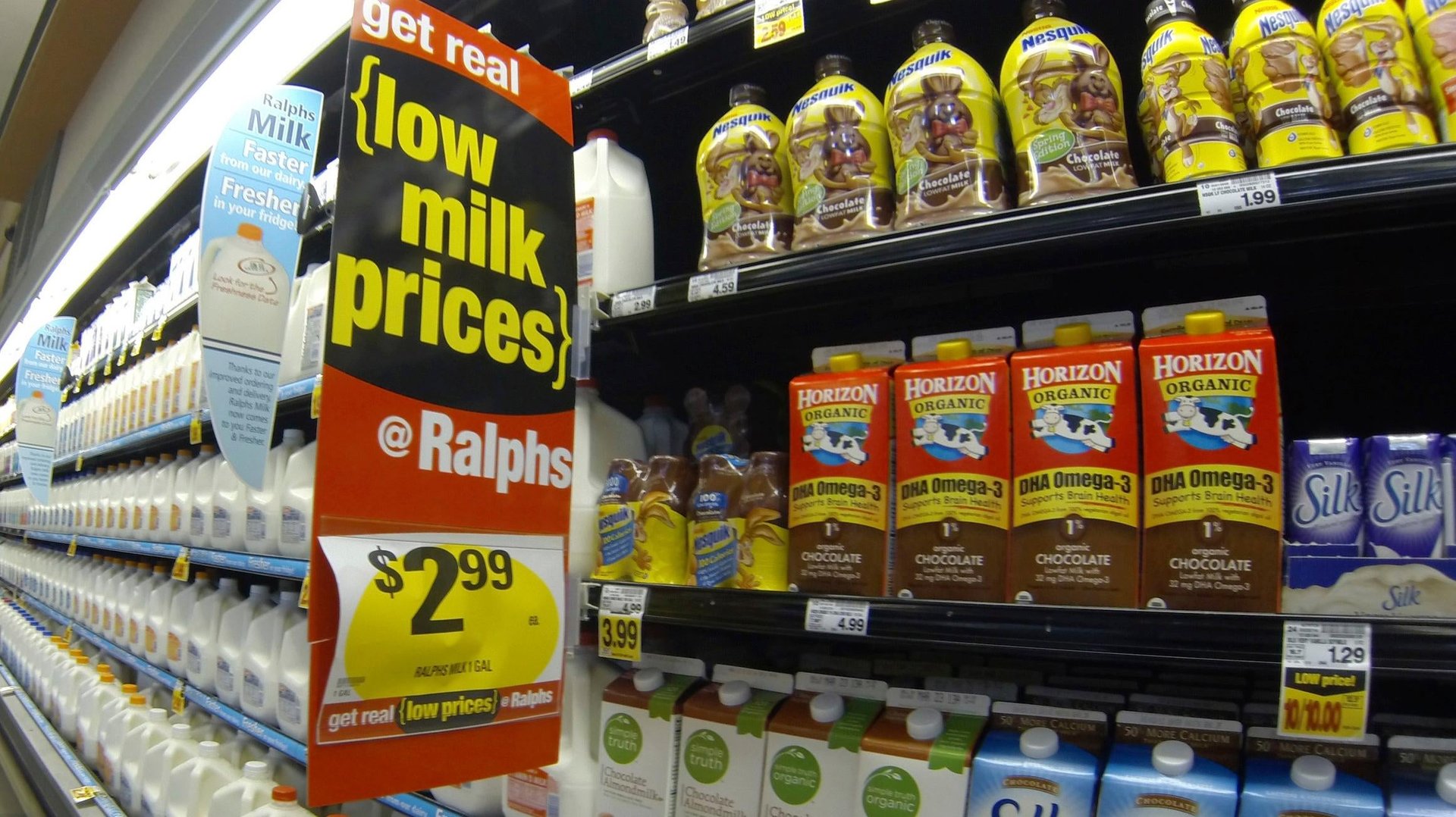US inflation slowed more than expected in March
Rent inflation slowed and pushed down average prices.

In March, US consumer prices saw a modest 0.1% increase, falling short of the 0.2% rise economists had expected. This marks the ninth consecutive month of slowing inflation.
Suggested Reading
Year-over-year inflation climbed to 5%, exceeding the Federal Reserve’s 2% target but significantly lower than February’s 6% rate.
This deceleration can be partially attributed to rent prices climbing by a mere 0.5% in March, a noticeable slowdown from the 0.7% growth experienced in the previous month.
Clothing prices experienced a notable decrease, rising by a mere 0.3% compared to 0.8% in the preceding month.
Food-at-home costs declined for the first time since November 2020, falling by 0.3%. This drop was primarily driven by a 1.4% decrease in meat, poultry, fish, and eggs prices, while fruits and vegetables also saw a decline of over 1%.
Where else are prices falling?
Other areas saw prices decline as well. Energy prices experienced a 3.5% decrease, largely due to significant discounts on natural gas and smaller reductions in gasoline, fuel oil, and electricity.
Used cars and trucks fell by 0.9%, though this was less of a drop than the 2.8% decline that the US saw in February. Car production is back to pre-pandemic levels but the total stock of cars has still not recovered, which may leave room for more prices increases in this category, wrote Employ America economist Alex Williams last month.
Will the Fed keep hiking?
Several Federal Reserve officials have indicated that the Fed is planning one more interest rate hike this year. The hike will likely be 25 basis points, which is significantly smaller than the multiple 75 basis point hikes the Fed delivered earlier this year.
The Fed could be spooked by the recent volatility in the banking sector—but officials seem split on whether that would hinder their ability to raise rates more than expected in the future if inflation picks up again, said Skanda Armnath, executive director of Employ America, in a Twitter space conversation.
